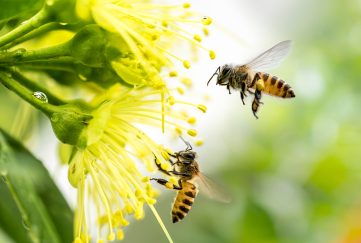The Five Freedoms Of Animal Welfare

On International Animal Rights Day, we’re taking a look back at this article on the Five Freedoms Of Animal Welfare.
We first published this piece in “The People’s Friend” in May 2019.
There are some aspects of our beloved pets’ lives that are exclusively under our control and that we need to ensure we are getting right, for their sakes.
The Five Freedoms provide the foundation for being a responsible owner and apply to any animal, from a gerbil to a horse.
Knowing how to care for our pet to the highest standard can ensure that they live long and happy lives.
Knowing about the five freedoms is valuable when it comes to our exotic pets, such as chinchillas, chameleons or parrots. It can be quite tricky for us to provide suitable environments where they are able to express their normal behaviour.
Consider a chinchilla that is never given access to a dust bath, or a goldfish who lives in a small bowl with no friends, plants or distractions. Simple changes are all that are needed to provide these animals with the right care.
When it comes to our elderly cats and dogs, it can be useful to consider the third freedom: Freedom from Pain, Injury and Disease.
For example, an elderly Labrador who struggles to stand and get about can have their discomfort alleviated with the right environmental changes and perhaps some medication.
Having an in-depth knowledge of natural habitats and behaviours gives us the tools to be the best owners we can. There is no greater happiness than seeing our pet content and comfortable in their home.
As with anything, knowledge is power! Educating ourselves on the five freedoms ensures we can have a strong bond with our animals and provide for their every need.
What Are The Five Freedoms Of Animal Welfare?
Animals should be free from:
- Thirst and Hunger (having access to a balanced diet and fresh water)
- Discomfort (living in a sheltered and comfortable area)
- Pain, Injury and Disease (having access to veterinary care and keeping up to date with vaccines and parasite prevention)
- Fear and Distress (maintaining a stable home environment in which they feel comfortable)
- And they should be free to express Normal Behaviour (having space and company; being able to act as they would “in the wild”)
Learn more about the five freedoms of animal welfare at the RSPCA website.
For more features from the “Friend”, click here.





